Professional perspectives on CIMADeC and empowerment ethics
University Medical Center Göttingen
Department of Ethics and History of Medicine
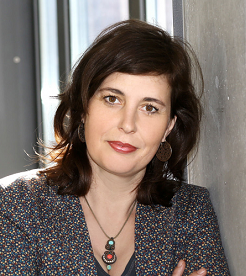
Prof. Dr. Silke Schicktanz
Silke Schicktanz has held the professorship for Culture and Ethics of Biomedicine at the Department for Ethics and History of Medicine at the University Medical Center Göttingen since 2010. Prior to this, the biologist and philosopher gained international experience in teaching and projects. Her research focuses on bioethical topics in cultural comparison and on the participation of the public, laypersons and patients. Prof. Dr. Schicktanz coordinates the overall project and supervises the sub-project „Professional Perspectives and Empowerment Ethics“.

Julia Perry, M.A.
Julia Perry is responsible for coordinating the overall project as part of sub-project 5. She is a research assistant at the Department of Ethics and History of Medicine and is doing her doctorate in sociology on new developments in dementia research. She has previously worked in various projects, including in the field of early diagnosis and predictive dementia diagnostics. Julia Perry studied sociology at the University of Bremen, Stockholms Universitet and Georg-August-Universität Göttingen.
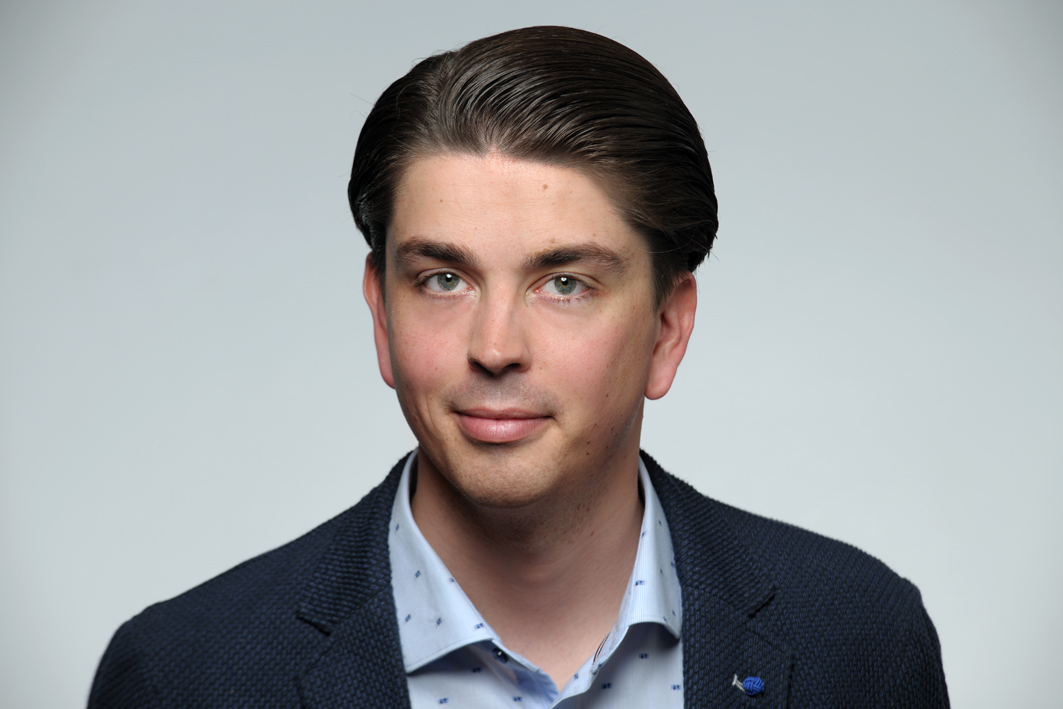
Johannes Welsch, M.A.
Johannes Welsch has been a research associate for the sub-project „Professional Perspectives and Empowerment Ethics“ since 2020. He studied Political Science (B.A.) and Ethics of Textual Cultures (M.A.) at the University of Passau, the Università degli Studi di Firenze and the Friedrich-Alexander-University Erlangen. In his master’s thesis, he investigated the argumentative use of concepts of autonomy in a major health policy debate. In the project, he deals with the effects of AI-based assistance technologies on dementia care and the ethical aspects of an empowerment approach.
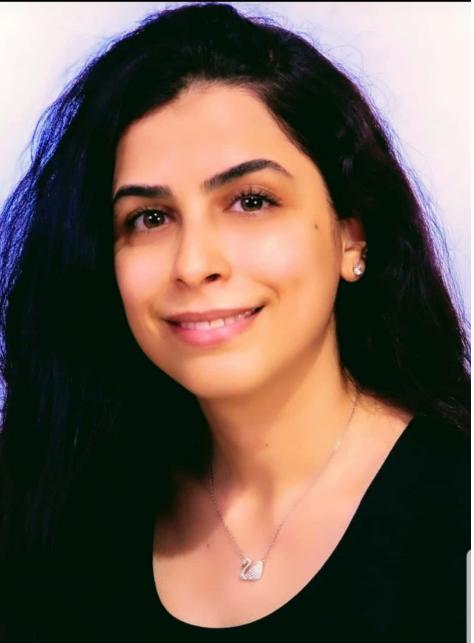
Dr. Hanan Abo Jabel
Dr. Hanan AboJabel recently started her postdoctoral fellowship at the Institute of Ethics and History of Medicine. Her sub-project – for which she received the post-doctoral scholarship from the Minerva Foundation – is entitled: „Moral and social attitudes of experts and family caregivers of people with dementia towards co-intelligent monitoring and assistance systems in dementia care (CIMADeC): A cross-cultural German-Israeli comparative study“. Dr. Hanan AboJabel studied Sociology and Education (B.A.) and Gerontology (M.A.) at Haifa University, Israel. Her doctoral thesis dealt with the understanding of family stigma in the context of Alzheimer’s disease (Department of Community Mental Health, Haifa University).

Sabrina Krohm, M.A.
Sabrina Krohm studied social science diversity research at the Georg-August University of Göttingen. She is a research assistant at the Department of Ethics and History of Medicine and wrote her Master’s thesis as part of the sub-project „Professional Perspectives and Empowerment Ethics“, in which she is particularly interested in gender aspects in the technology assessment of professional carers.

Clara Löbe, cand. med.
Clara Löbe is studying human medicine at the Georg-August-University Göttingen and is a student assistant at the Department for Ethics and History of Medicine. She is working on her dissertation on the topic of empowerment through technology with a focus on the perspective of those affected by dementia-assistive technologies as part of sub-project 3 „Perspectives of those affected by CIMADeC and the ethics of privacy“.

Jana Wegehöft, B.A.
Jana Wegehöft is studying cultural anthropology at the University of Göttingen and has been working as a student assistant in the EIDEC project since November 2022. She is particularly interested in the topics of ageing, dementia and responsibilization.
Affected people’s perspectives on CIMADeC and the ethics of privacy
Carl von Ossietzky University of Oldenburg
Department of Health Services Research, Division of Ethics in Medicine

Prof. Dr. Mark Schweda
Mark Schweda has been Professor of Ethics in Medicine at the Department of Health Services Research in Faculty VI – Medicine and Health Sciences at the University of Oldenburg since 2018. He was previously a research associate at the Institute for Ethics and History of Medicine in Göttingen. In his research, Mark Schweda deals with the significance of modern medicine and technology for our self-image and our life plans. A particular focus is on questions of ageing and new technologies in medicine and healthcare. Mark Schweda is head of sub-project 3 „Affected Perspectives on CIMADeC and the Ethics of Privacy“.
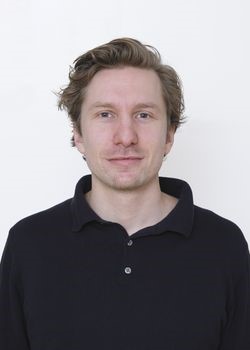
Eike Buhr, M. Ed.
Eike Buhr has been a research assistant in the Department of Ethics in Medicine at the Department of Health Services Research at Faculty VI – Medicine and Health Sciences at the University of Oldenburg since 2020. Prior to this, he was a student trainee, lecturer, student assistant and research assistant in Münster and Darmstadt. In addition to current bioethical issues, his research focuses on contemporary theories of justice and questions of legal and social philosophy. He is a member of the sub-project 3 „Perspectives of affected persons on CIMADeC and the ethics of privacy“.
Scenario-based design of monitoring and robotic assistance in home care
Carl von Ossietzky University of Oldenburg
Department of Health Services Research, Division of Assistance Systems and Medical Device Technology

Prof. Dr. Andreas Hein
Prof. Dr.-Ing. Andreas Hein heads the Department of Assistance Systems and Medical Device Technology at the Department of Health Services Research at the University of Oldenburg and is a board member of the „Institute for Information Technology – OFFIS“, an affiliated institute of the University of Oldenburg. He studied and received his doctorate in computer engineering and was head of the medical technology business unit at the Fraunhofer Institute for Production Systems and Design Technology until he accepted the call to the University of Oldenburg in 2003. He has been the Director of the Department of Health Services Research since 2015. His research focuses on assistance systems for older people as well as robotic systems and their human-robot interactions. Prof. Dr.-Ing. Andreas Hein is in charge of the sub-project „Co-intelligent assistance systems in outpatient dementia care“.

Julia Wojzischke, M.Sc.
Julia Wojzischke has been working as a research assistant in the Department of Assistance Systems and Medical Technology since 2016 and is completing her doctorate in the field of health sciences. With a degree in nutritional science, she focuses on the nutritional status of geriatric rehabilitation patients and the possibilities of supporting older people through digitalization and the use of new technologies. She previously worked in the field of geriatrics and nutritional therapy.
Assoziierte Mitarbeiterinnen
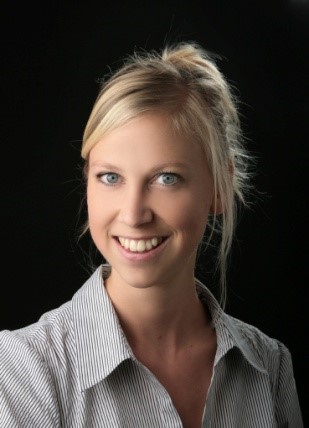
Dr. Rebekka Diekmann
Dr. Rebecca Diekmann is a postdoc in the Department of Assistive Systems and Medical Technology and has headed the Nutrition and Functionality research group since 2016. She studied and completed her doctorate in nutritional sciences at the University of Bonn and has already worked as a postdoc at the University Clinic for Geriatrics in Nuremberg and Oldenburg. Her research focuses on identifying the needs of older people to measure, assess and maintain their nutritional and functional status and support them with assistive technologies.

Carolin Lübbe, M. Sc.
Carolin Lübbe has been working as a research assistant in the Department of Assistance Systems and Medical Technology since 2019. She previously studied medical engineering at the University of Lübeck and medical technology at FAU Erlangen-Nuremberg. Her research focuses on machine learning and the support of older people through the use of robotic assistance systems.
DesignValue Sensitive and Affect-Aware Design (VSAAD)
University Medical Center Rostock
Deutsches Zentrum für Neurodegenerative Erkrankungen e.V., Clinical Research
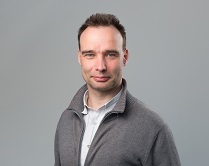
Prof. Dr. Stefan Teipel
Prof. Dr. Stefan Teipel is a psychiatrist and holds the Chair of Clinical Dementia Research at Rostock University Medical Center and is deputy head of the Rostock/Greifswald site of the DZNE. His working group conducts research into the early diagnosis and treatment of dementia in specialized and primary care, the participation of people with dementia and their relatives in the research process and the development of digital support systems for people with dementia, including novel diagnostic systems.
University Rostock
Institute for Visual and Analytic Computing
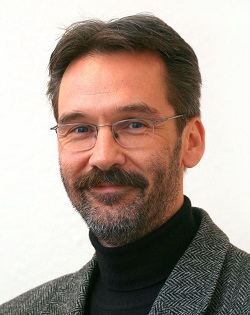
Prof. Dr. Thomas Kirste
Prof. Thomas Kirste has been head of the „Mobile Multimedia Information Systems“ (MMIS) working group since the end of 2004 and Director of the new Institute for Visual and Analytic Computing at the Faculty of Computer Science and Electrical Engineering at the University of Rostock since June 2019. Prof. Kirste has been a member of the board of the Interdisciplinary Department „Aging of the Individual and Society“ at the University of Rostock since 2007. MMIS’s current research focus is on methods of artificial intelligence and machine learning for situation-adaptive assistance systems in medical care, particularly for people with dementia. MMIS cooperates in this field of research with the German Center for Neurodegenerative Diseases (DZNE), the University of Zurich (University Research Priority Program „Dynamics of Healthy Ageing“), the Toronto Rehab Center (Canada) and Charles Sturt University (Australia), among others.
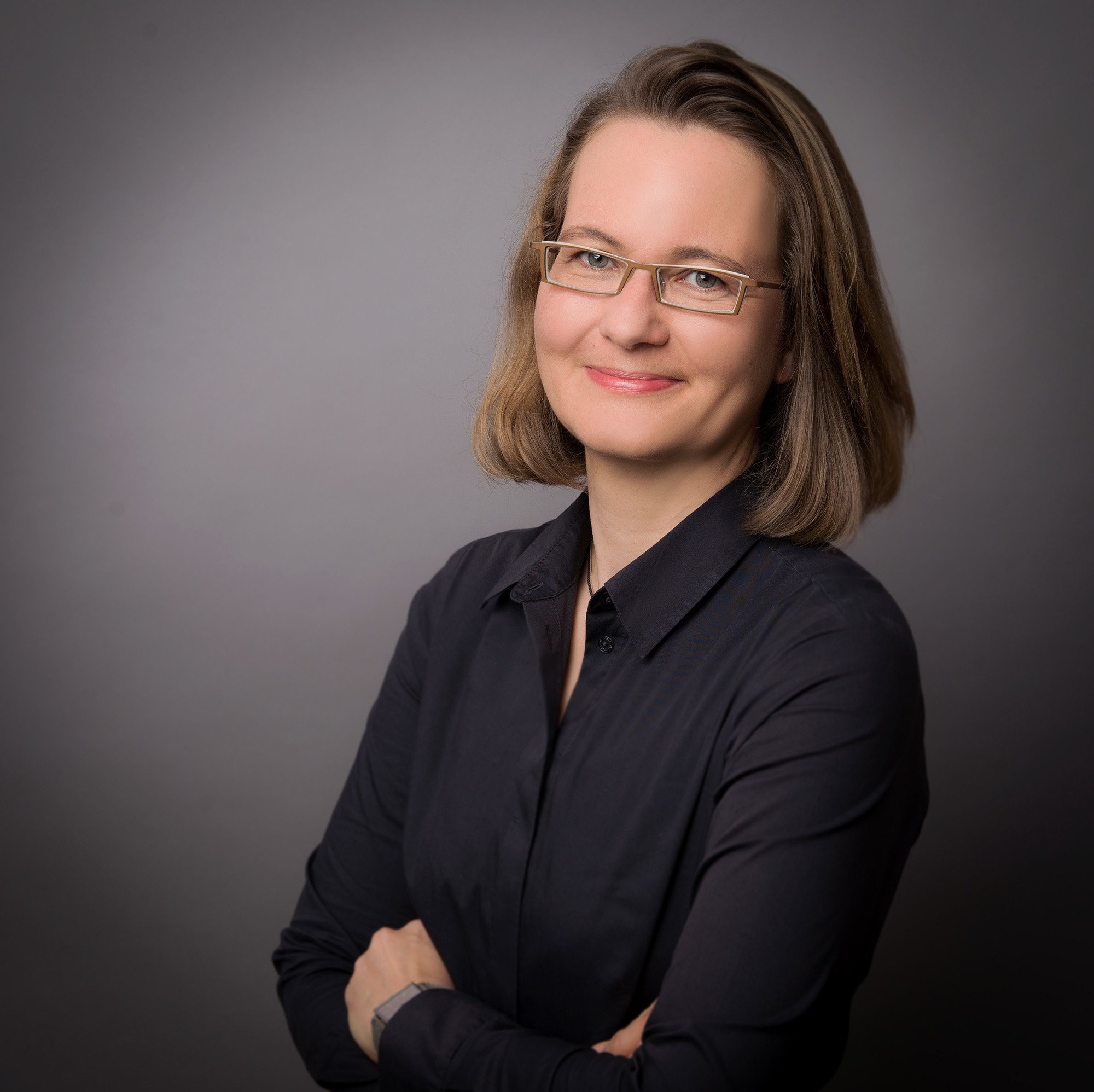
Prof. Dr.-Ing. Gesine Marquardt
Prof. Dr.-Ing. Gesine Marquardt is an architect and holder of the Chair of Building Theory and Design: Social and Health Buildings at the Technical University of Dresden. Her work deals with the effects of the built environment on human behavior and well-being. In particular, she focuses on the spatial requirements of people with dementia in various care settings. Prof. Marquardt also has a wide range of experience in the non-specialist communication of research results.

Dr. Ing. Kathrin Büter
Dr.-Ing. Katrin Büter is a research assistant at the Chair of Building Theory and Design: Social and Health Buildings at the Technical University of Dresden. Her work, like that of Prof. Marquardt, is concerned with the effects of the built environment on human behavior and well-being. Dr.-Ing. Katrin Büter also has a wide range of experience in the non-specialist communication of research results.